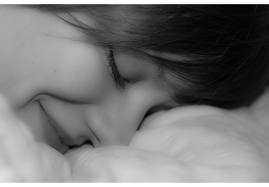The #1 Recovery Supplement
2 CommentsAs you can see from the picture, if it was sold in a can, marketed and advertised in all the health and sport magazines, this would be much more talked about.
Instead, it is free, so no one makes any money from it. It also requires some good habits and that other free supplement (self discipline) to ensure that you get a good night’s rest.
There are many reasons why sleep is not easily available:
- environment
- new babies
- poor diet
- hard evening training sessions
- caffeine
- stress
- anxiety
and these require attention and sometimes outside help to improve these areas.
But simply staying up late to play computer games, sit on facebook for hours at a time or going out nightclubbing are not good reasons to forgo sleep.
Similarly, all the supplements, special clothes and extra massages, will not help recovery without sleep.
Just because it is free doesn’t make it any less worthwhile. Shakespeare called it “Tired nature’s sweet restorer” and you can’t argue with that.
Thanks to Brian Ellicott for the picture


 In almost every training book, manual or Coaching handout, sleep is covered as a topic very briefly: “the athlete should get 7-9 hours sleep a night” is about the norm, then the author moves on.
In almost every training book, manual or Coaching handout, sleep is covered as a topic very briefly: “the athlete should get 7-9 hours sleep a night” is about the norm, then the author moves on.